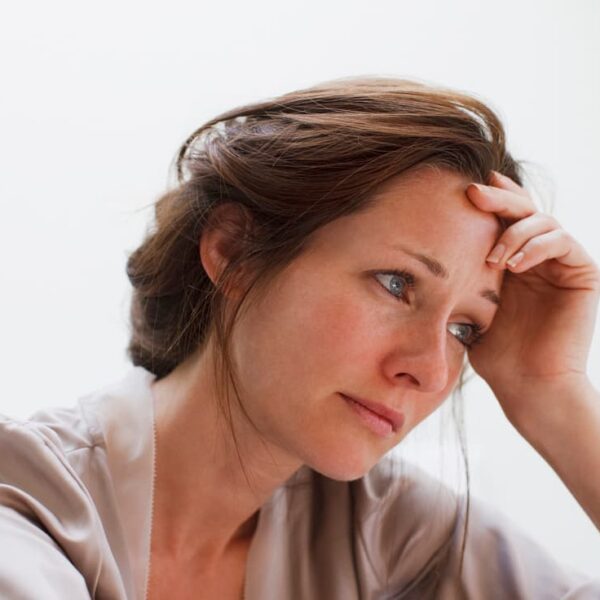What is Hangxiety?

Hangxiety is a term that combines the words hangover and anxiety and is something many people experience the day after or following days after drinking.
Hangxiety was coined to describe the feeling of anxiety or unease that some people experience after drinking large quantities of alcohol, particularly in the period following a night of heavy drinking or during a hangover.
Find out more about hangxiety, the signs and causes of the condition below.
What is Hangxiety?
When someone experiences hangxiety, they may feel nervous, irritable, or even panic-stricken the day after drinking alcohol. This heightened anxiety can be attributed to several factors, including:
It’s important to note that not everyone experiences hangxiety, and its severity can vary widely from person to person. Reducing alcohol consumption, staying hydrated, getting adequate sleep, and practicing moderation can help reduce the risk of experiencing hangxiety after drinking.
If anxiety after drinking becomes a regular and distressing problem, it may be a sign of an underlying alcohol use disorder, and seeking professional help is advisable. People who are prone to anxiety or struggle with their mental health are also more likely to experience this feeling.
What Causes Hangxiety?
Hangxiety can be experienced by anybody who drinks, and anxiety after drinking is a common hangover symptom. Although it is common, there are some people who are more likely to be affected by it, such as those with anxiety disorders, people who experience alcohol blackouts and people who behave very differently when drunk.
Alcohol increases anxiety due it being a depressant that affects neurotransmitters in the brain. Initially, alcohol can have a sedative effect that causes feelings of relaxation.
However, as alcohol is metabolised and its effects wear off throughout the night/morning, it can disrupt the balance of neurotransmitters, leading to increased anxiety, restlessness, and nervousness the day after drinking. This is what is known as hangxiety.
Signs You Have Hangxiety
Some of the key signs that you have hangxiety include the following patterns:
How to Combat Hangxiety Symptoms
If you’re dealing with anxiety after drinking, there are several strategies you can employ to combat these feelings.
First, focus on rehydration by drinking plenty of water to alleviate the physical discomfort associated with dehydration from alcohol. This can help you feel more awake and helps alleviate hangover symptoms.
Eating a balanced meal can also help to stabilise blood sugar levels, reducing shakiness and anxiety. Resting, or even taking a short nap can help you feel more refreshed and less anxious, as nutrition and rest are both key to our wellbeing.
Another tip is to steer clear of caffeine, as it can exacerbate anxiety symptoms. Many people drink coffee the day after drinking to ‘sober up’, but this can worsen hangover symptoms.
Other tips to combat hangxiety symptoms are to engage in deep breathing exercises to calm your nervous system, and consider gentle physical activity like a walk to release endorphins and improve your mood. It is also recommended to avoid further alcohol or substances as they can intensify anxiety.
It is also good to utilise mindfulness and relaxation techniques, share your feelings with someone you trust, and consider over-the-counter remedies if you are struggling.
Recovery from Hangxiety
If hangxiety is a recurring issue for you, seeking professional help is advisable to help you feel at your best. Ultimately, preventing hangxiety involves moderating or cutting out alcohol consumption and addressing your relationship with alcohol if necessary.
At Step One we can help you find alcohol abuse and anxiety treatment if this is something you are suffering with. Regular hangxiety can have a negative impact on your life and may be a sign of a larger problem, such as an alcohol addiction.
If you think you have an unhealthy relationship with alcohol, get in touch with our team today. We can offer solutions and treatment options to get you the help you need. Call today on +44 (0) 800 012 6006.

 26th January 2024
26th January 2024  N/A
N/A
 United Kingdom
United Kingdom  Richmond Drive, Watford, WD17 3BG
Richmond Drive, Watford, WD17 3BG 

 Spain
Spain